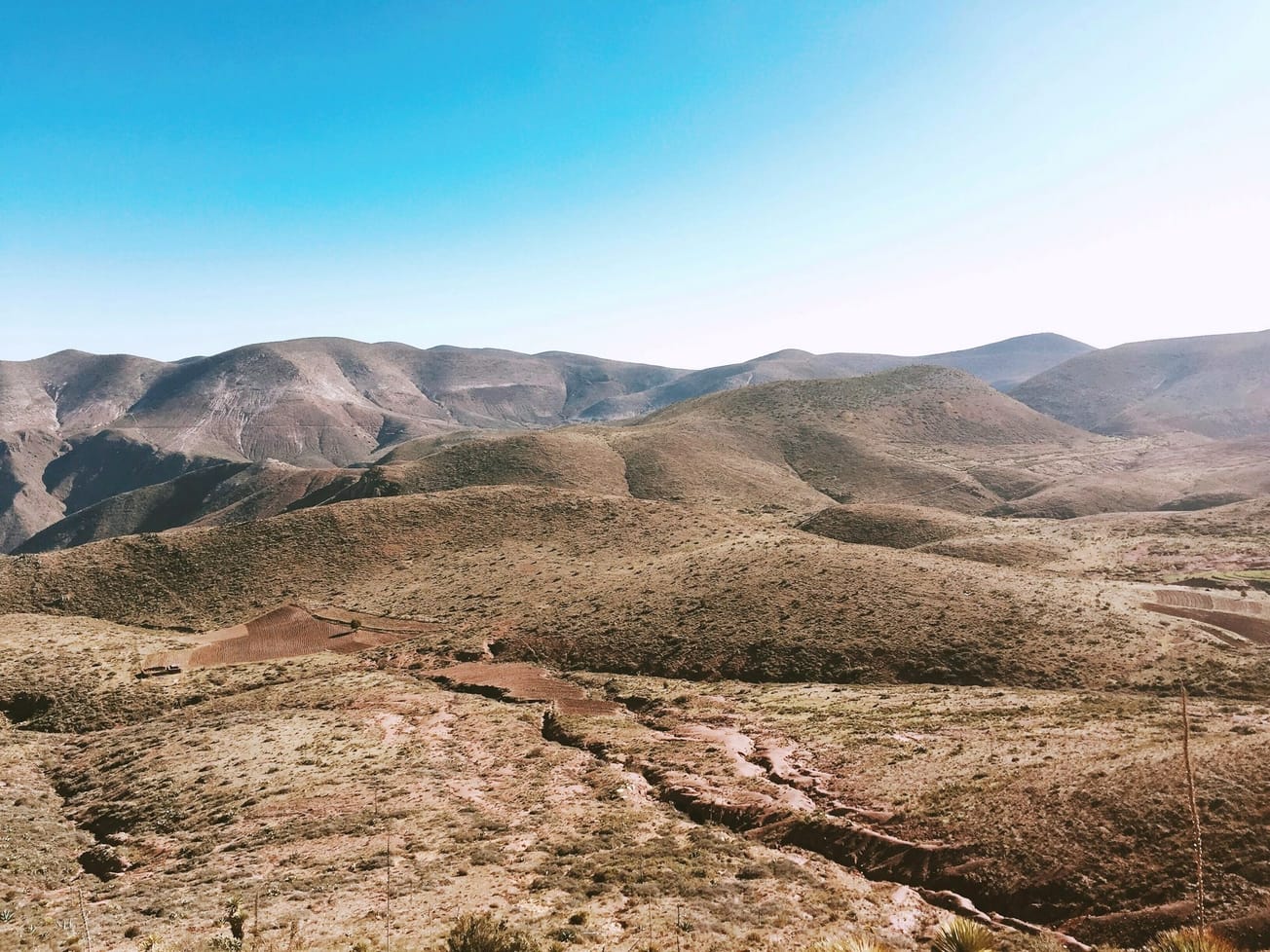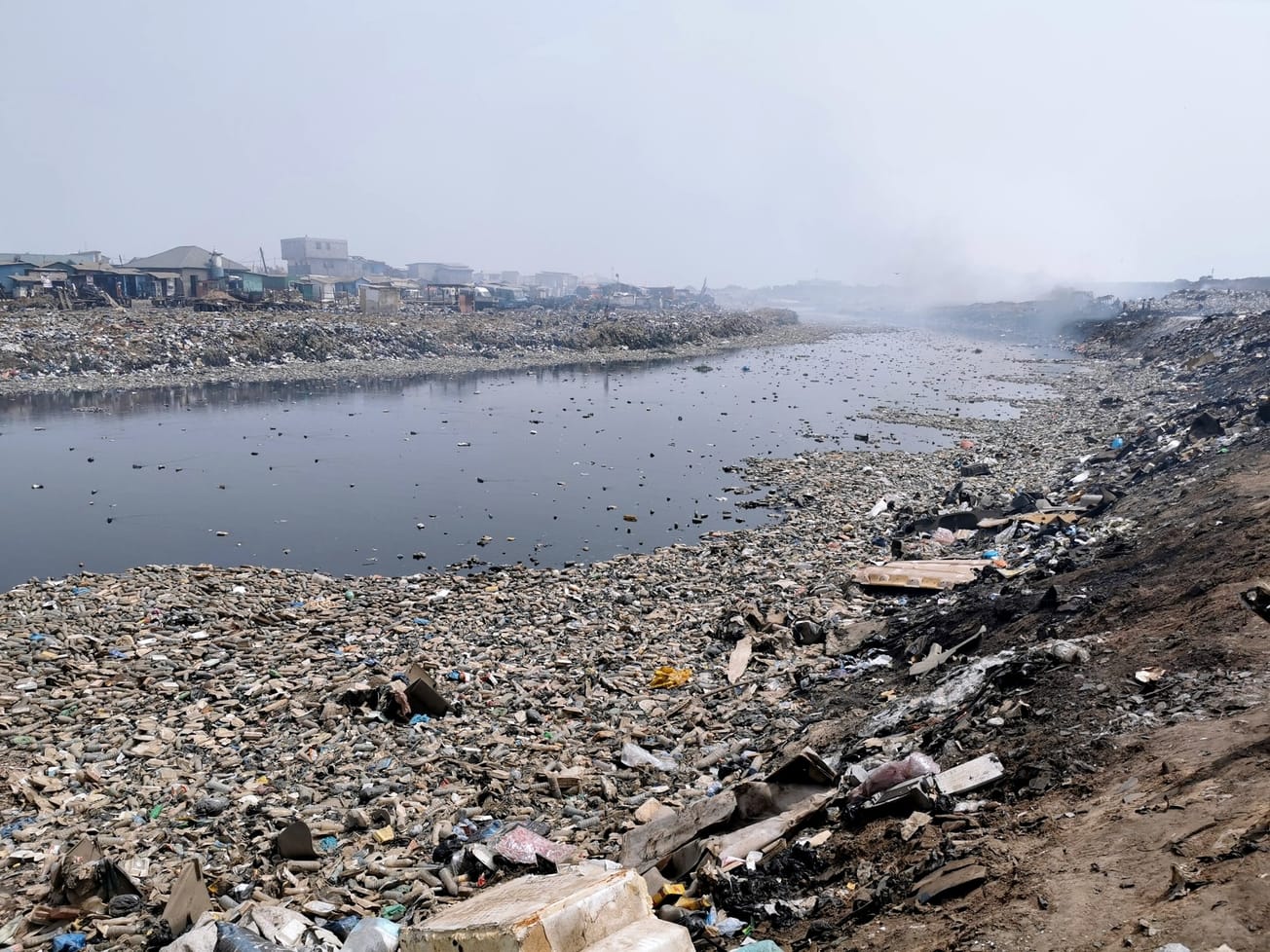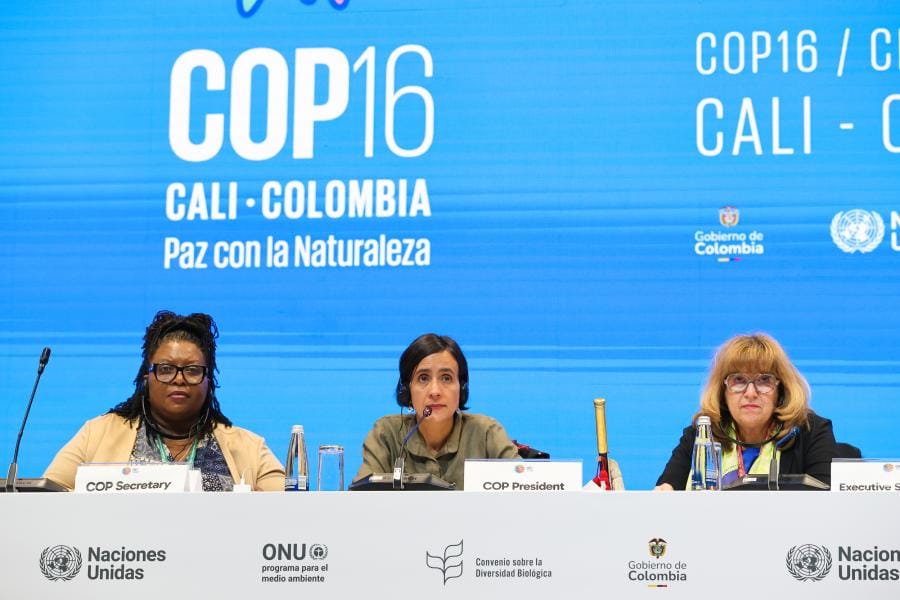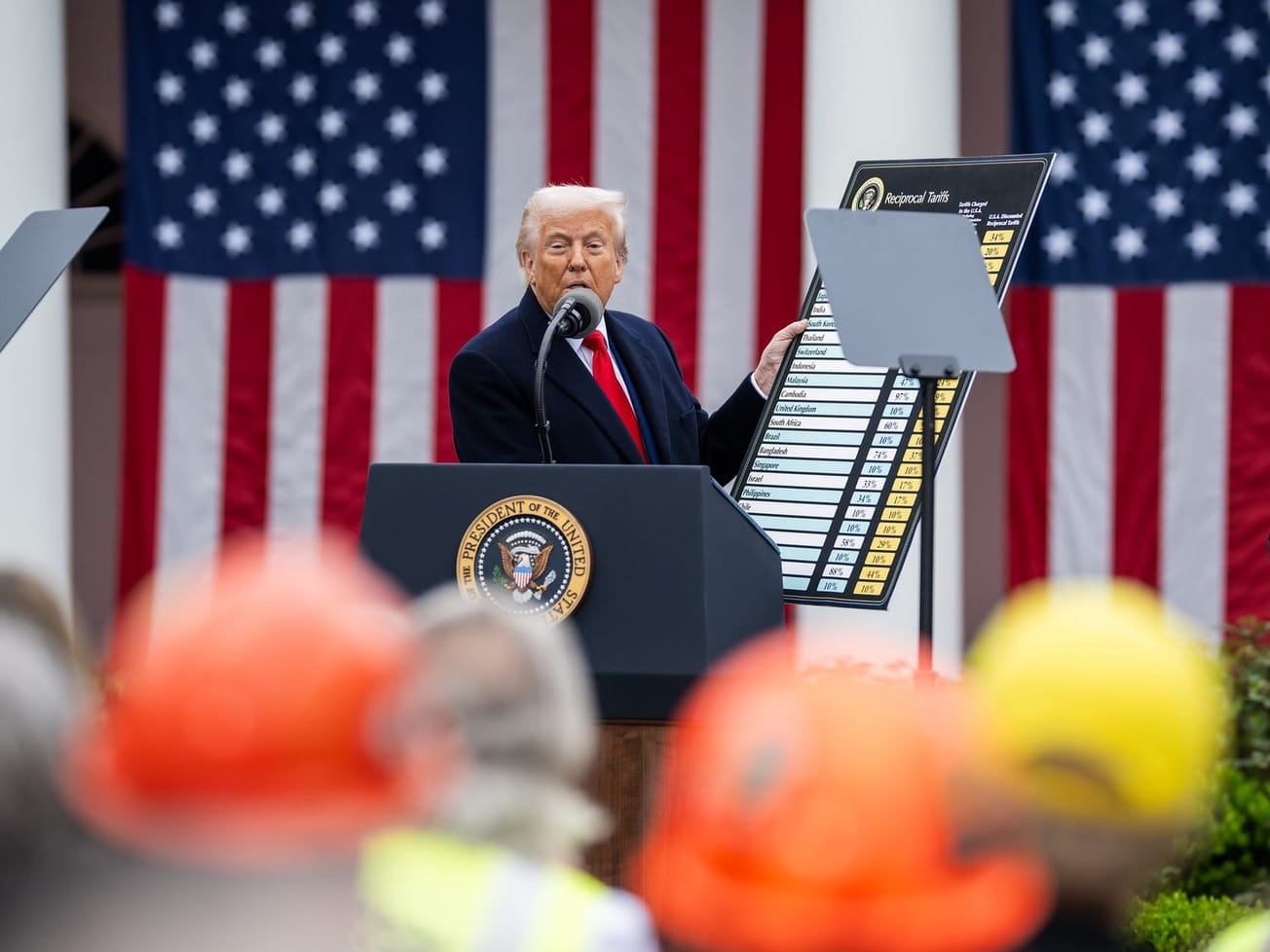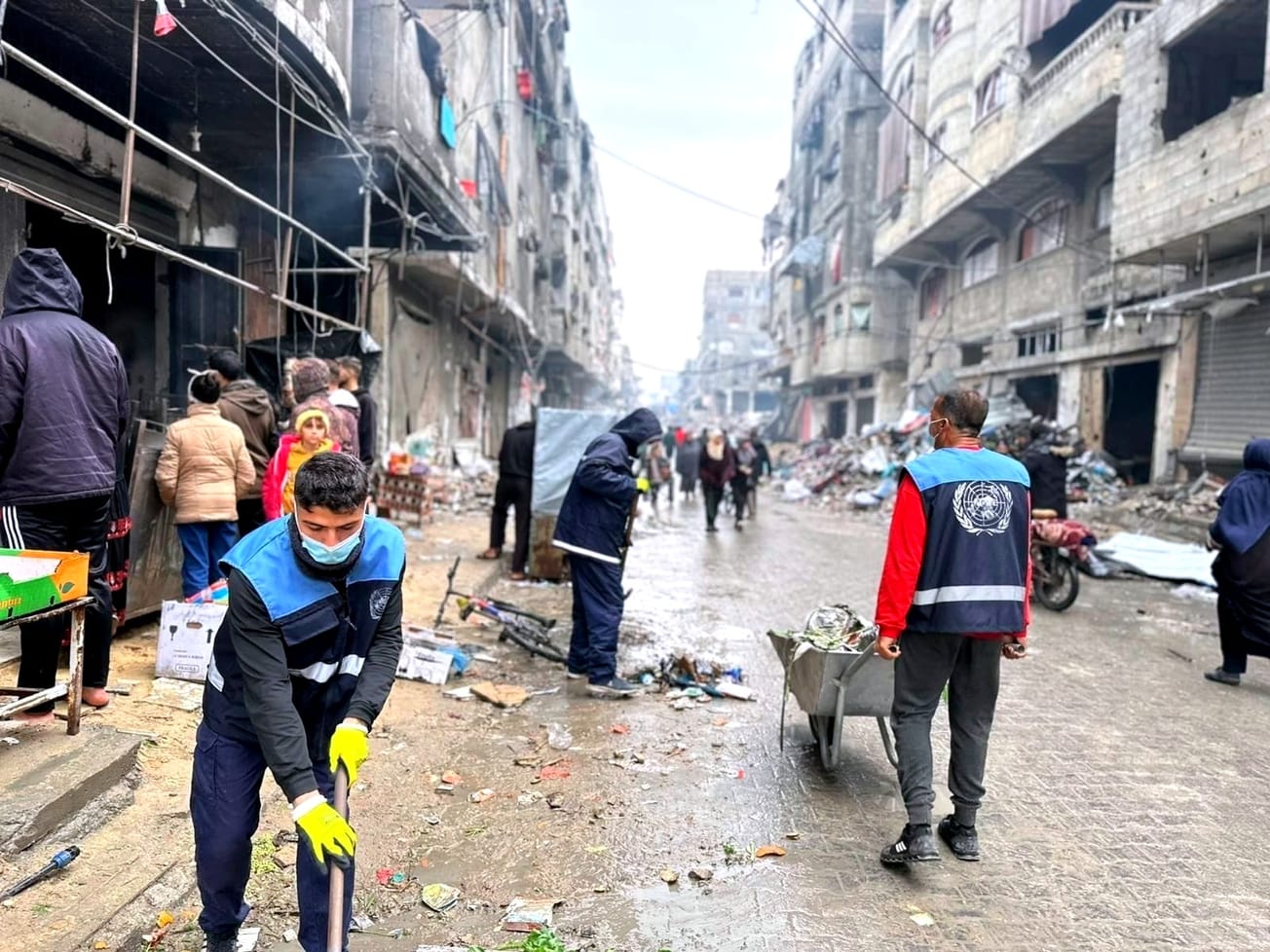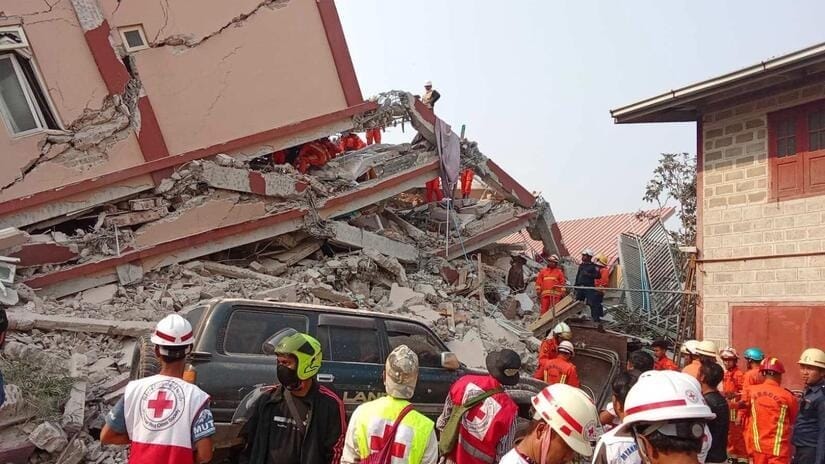After two years of negotiations, a fifth round of talks on a plastic pollution accord was suspended as nations were unable to agree on how to deal with the exponential growth of plastic production and waste.
More than 3,000 delegates, including representatives of some 170 nations and observers from 440 organizations, adjourned only with agreement on a "chair’s text" that they said will serve as the starting point for negotiations in 2025 when the fifth round is resumed.



